IS05 - Fundamentals of DEM and CFD-DEM: Recent Advances and Challenges
This session showcases recent developments regarding fundamentals of DEM and CFD-DEM modelling. The vision motivating such fundamental developments in DEM are usually (i) faster predictions, (ii) increased resolution or (iii) higher predictive power.
For example, industrial production processes often include aspects of heat and mass transfer to an ambient phase that take significant time to complete (often many hours), e.g., drying or processes in energy applications. Recent studies harness statistical methods or machine learning (ML) technology to (a) increase the speed and fidelity of the DEM, or to (b) extrapolate predictions from simulation data to longer times. Such an advanced DEM could be key to develop, optimize, and trouble shoot many processes ranging from food and pharma to energy applications. This session invites contributions related to DEM and CFD-DEM fundamentals, especially:
• development of new and existing approaches, models and numerical methods for temporal and spatial scale-bridging
• linking and connecting DEM models with Low-Order-Models (LOM), as well as related models
• use and uptake of statistical or ML-based methods to enhance or complement DEM modelling, including the analysis of simulated or experimental data (e.g., via spatial filtering)
• predictions of flow, temperature, and concentration in granular only, as well as gas-particle flows in lab- and pilot-scale equipment
• applications of advanced DEM, especially in the energy, food, and pharma sector at the production scale
• software aspects relevant for the implementation of novel approaches and methods, including latest developments of software products

